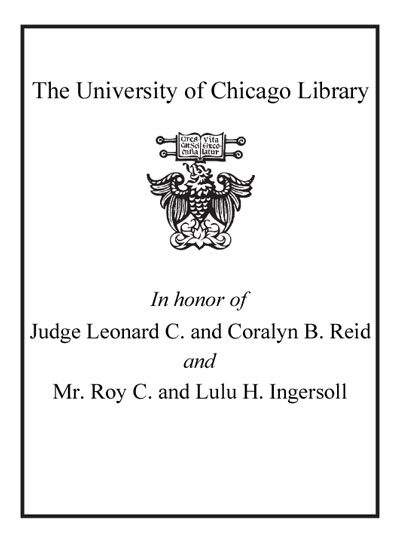Review by Choice Review
Johnson (Central Michigan Univ.) and Reuband (sociology, Univ. of Dusseldorf) analyze what life was like for the average person living in the Third Reich. While the bulk of their work consists of numerous, often fascinating oral histories, the truly original part of the book is the final section, which systematically analyzes hundreds of questionnaires and interviews conducted with Germans, both Jew and Gentile, who lived during 1933-1945. While it should come as no surprise that Jews were much worse off than their Christian neighbors, the authors reach some conclusions that will surprise nonexperts. Scholars have long realized that the average German had relatively little to fear from the Gestapo, and that most non-Jewish Germans lived reasonably "normal" lives, but this might be something of a surprise to the uninitiated. Similarly, the conclusion that between one-third and one-half of Germans knew something about the Holocaust might also shock average readers. This is where Johnson and Reuband make an important contribution. Writing for a wider audience than the authors of most scholarly books, they make the most recent interpretations concerning everyday life in Nazi Germany more accessible to the reading public. ^BSumming Up: Highly recommended. All levels/libraries. R. W. Lemmons Jacksonville State University
Copyright American Library Association, used with permission.
Review by Booklist Review
The authors interviewed nearly 200 people--Holocaust survivors and perpetrators--in researching the book, and more than 3,000 people--Jews and non-Jews--were surveyed in writing about their experiences during the Hitler years. Johnson and Reuband began their research in 1993; 40 interviews were selected for this book (20 were Jews and 20 were non-Jews). The authors posit that far from living in a state of constant fear and discontent, most Germans led happy and even normal lives in Nazi Germany. They believe that the Holocaust could not have been possible without the complicity of the majority of the German population. Johnson and Reuband conclude that many Germans were quick to concern themselves only with their private lives and tended not to think about what was happening to the Jews. Despite the regime's efforts to keep the mass murder of Jews a secret, news of the atrocities reached a large portion of the German public by the end of the war. The authors insist that about one-third of the population became aware of the murder of Jews while it was taking place, and it is evident that many Germans did not want to know about what was being done. This scholarly work is a major contribution to the understanding of life in Nazi Germany and a compelling narrative that is certain to be the standard work on the subject. --George Cohen Copyright 2005 Booklist
From Booklist, Copyright (c) American Library Association. Used with permission.
Review by Publisher's Weekly Review
The refrains in Germany for many years after WWII were "we didn't know" about the Holocaust, and "if we had known and had tried to do something, we too would have been killed by the Nazis." These claims have not stood up to historical scrutiny. Large numbers of ordinary Germans were involved in carrying out the mass murder of Jews, and knowledge of it was widespread among the population at home in Germany. Moreover, the Nazi elite ruled primarily by consensus, not terror; it was a popular dictatorship. Central Michigan University historian Johnson and German sociologist Reuband confirm these interpretations in their wide-ranging study based on hundreds of interviews and surveys they conducted with both Jewish and Christian Germans. Johnson (Nazi Terror) and Reuband don't add much that is new to what we know about the Nazi dictatorship and the Holocaust, but the materials they have gathered are interesting. Roughly two-thirds of the book consists of transcripts of interviews with Jews who had a range of experiences (going into hiding, leaving Germany before Kristallnacht, suffering in the camps) and Germans (those who heard about the murder of Jews, those who didn't, those who participated). The analysis in the book's final third is sober and sobering. But it's the gripping immediacy of the interviews, laced as they are with anger, guilt, sadness and, still among some Christian Germans, pride, that carries the book. (Feb.) (c) Copyright PWxyz, LLC. All rights reserved
(c) Copyright PWxyz, LLC. All rights reserved
Review by Choice Review
Review by Booklist Review
Review by Publisher's Weekly Review

